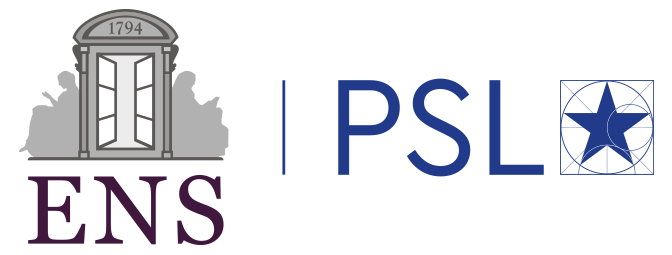Domaines
Condensed matter
Type of internship
Théorique, numérique Description
Mott insulating states, in which electronic conduction is absent despite band theory predicting the system to be a metal, are routinely found in nature - e.g. in transition-metal oxides -, and are caused by electronic correlations due to the Coulomb electron-electron repulsion. They (and the consequent strongly correlated metals obtained by doping them) happen when the electron density is commensurate, i.e. when there is an integer number of electrons per unit cell of the crystalline lattice, which naturally occurs in stoichiometric materials.
In other systems like the heavy-fermions (and by some indications magic-angle twisted- bilayer graphene or MATBG), however, the minimal conductive state - which can in some cases be thought as an “frustrated” Mott transition - is expected when the partial filling of the most correlated orbitals, rather than the total filling, is integer.
In this project, through the DMFT analysis of Periodic Anderson Model and its variants, we aim at clarifying under which conditions the total integer filling or the partial integer filling respectively favor the maximally correlated state.
Contact
Luca De Medici
